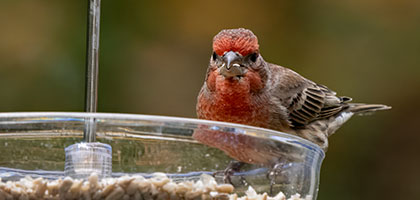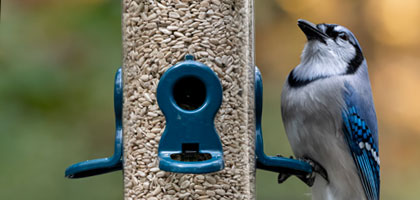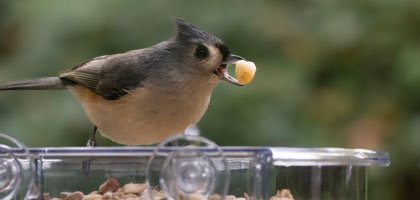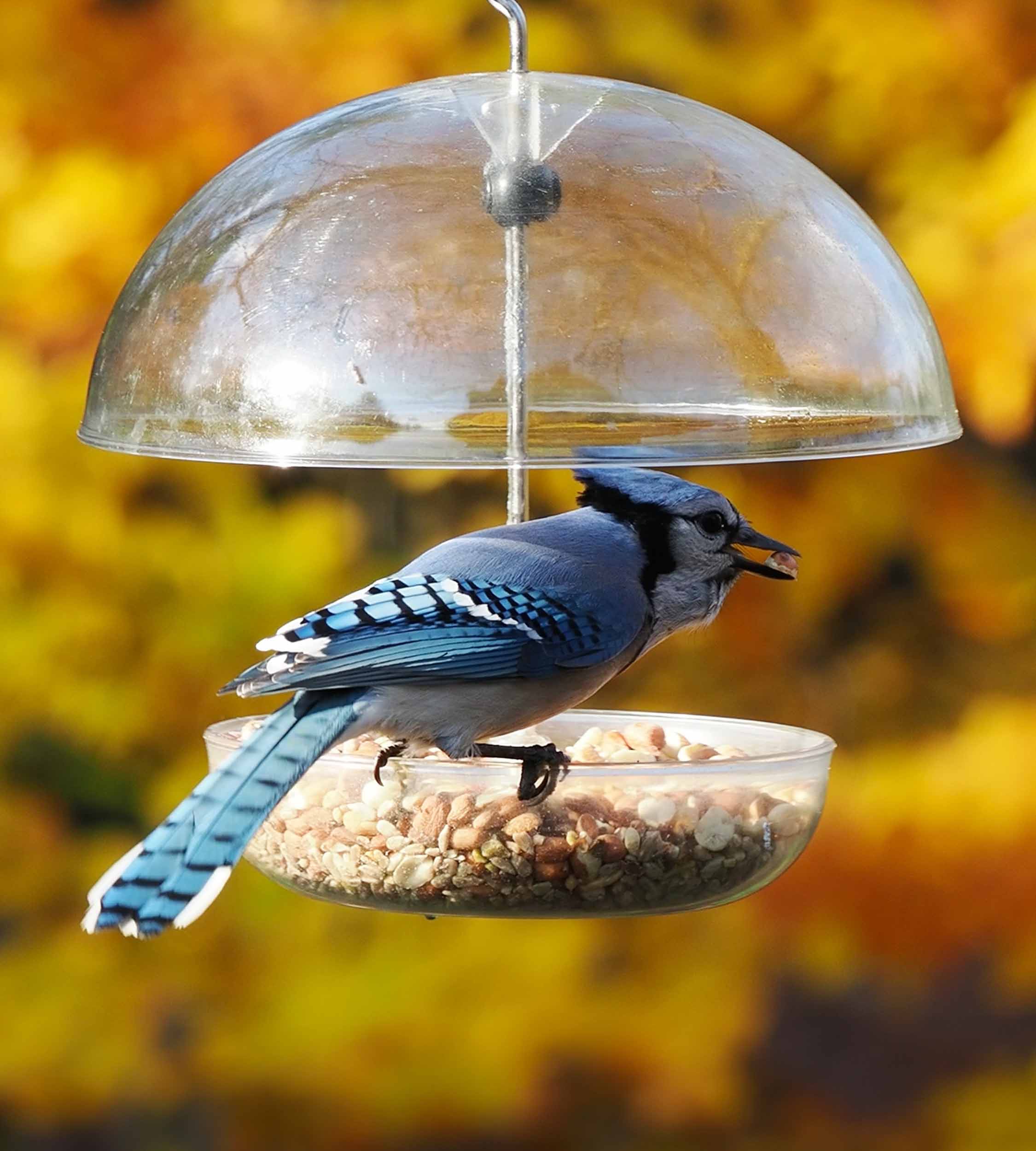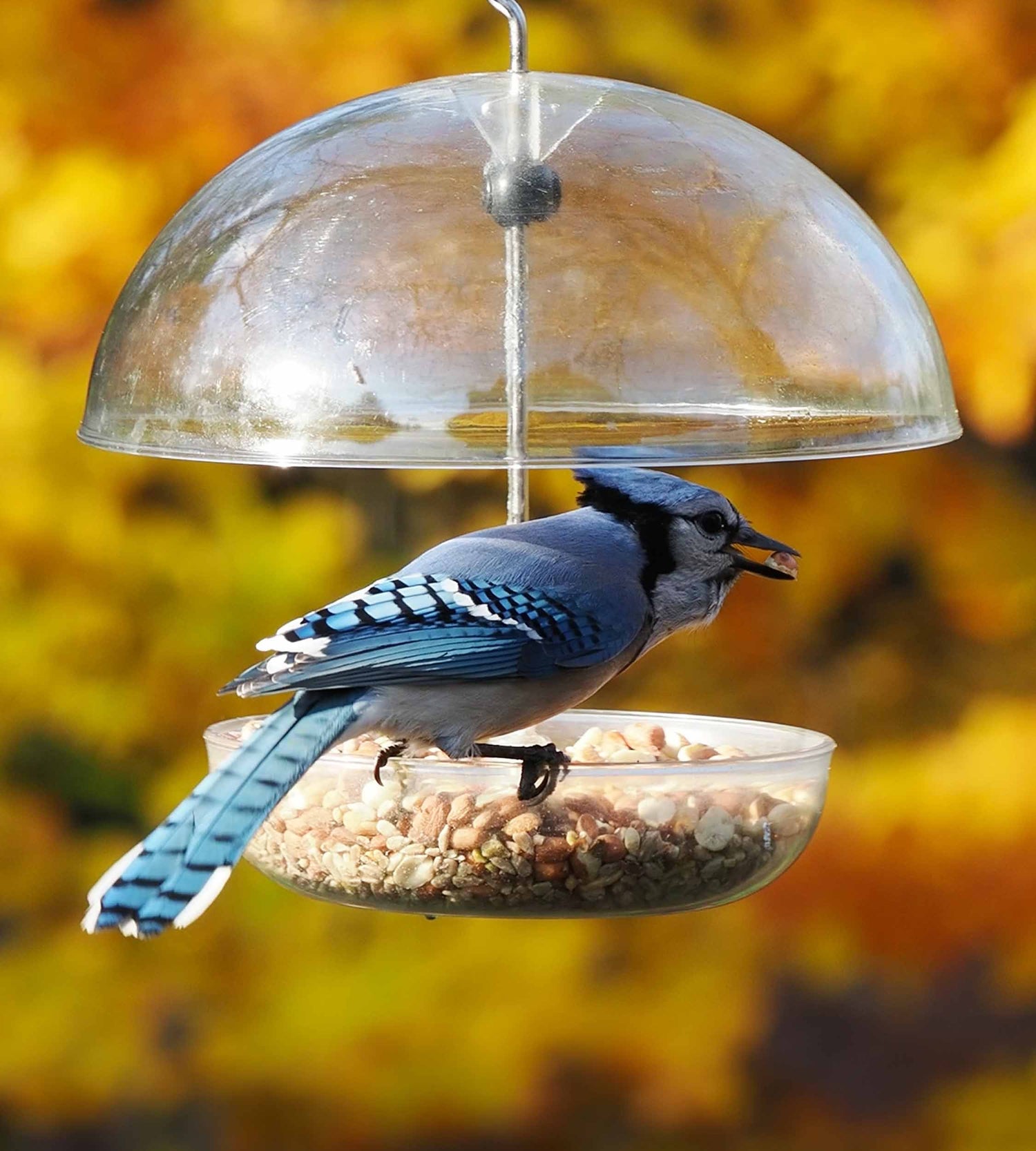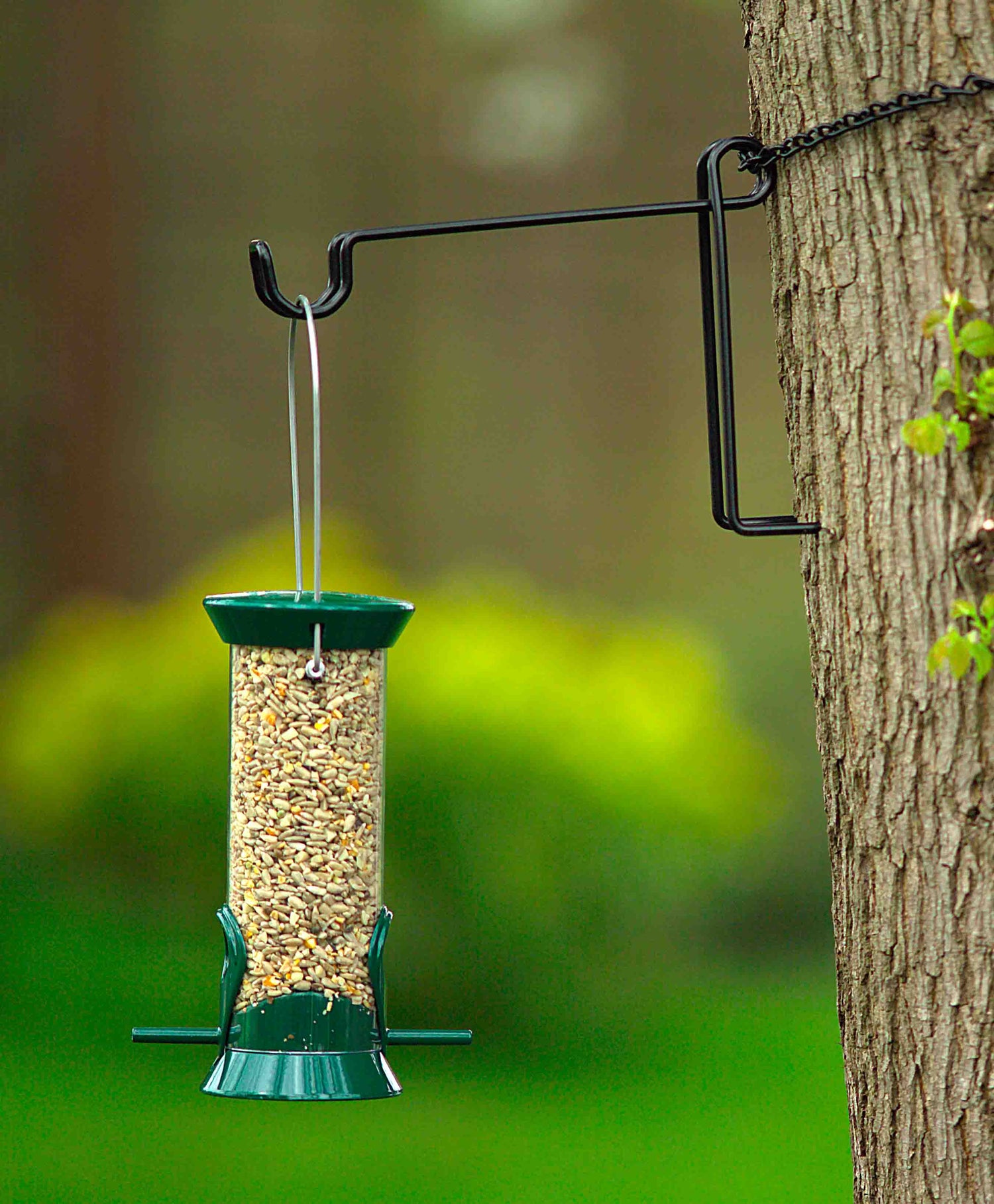Feeding your chickens properly is essential for maintaining their health and productivity. As a chicken owner, you might wonder about the suitability of various feeds, including bird seed. It's a common question: Can I feed chickens bird seed? Let's explore this topic and provide you with a comprehensive answer.
Understanding Chickens' Nutritional Needs
Before diving into whether chickens can eat bird seed, it's crucial to understand their dietary requirements. Chickens need a balanced diet rich in proteins, vitamins, and minerals to ensure optimal growth, egg production, and overall health.
Essential Nutrients for Chickens
Chickens require a specific set of nutrients:
- Proteins: Vital for muscle development and egg production.
- Vitamins and Minerals: Essential for bone health, immune function, and egg shell quality.
- Carbohydrates and Fats: Provide energy for daily activities and bodily functions.
- Fiber: Supports digestion and gut health.
A balanced chicken feed is formulated to meet these dietary needs, ensuring your flock stays healthy and productive.
Bird Seed: What Is It?
Bird seed is a mix of seeds specifically designed to feed wild birds. These seeds can include sunflower seeds, millet, safflower, and cracked corn, among others. Bird seed blends are created to attract a wide range of wild birds, each with their unique dietary preferences.
Common Ingredients in Bird Seed
- Sunflower Seeds: High in oil and protein, suitable for many wild birds.
- Millet: A small, round seed that is a favorite among smaller bird species.
- Safflower: High in fat and often used to deter squirrels due to its bitter taste.
- Cracked Corn: Provides carbohydrates and is popular among ground-feeding birds.
Can Chickens Eat Bird Seed?
The short answer is yes, chickens can eat bird seed, but it should not be their primary diet.
Occasional Treat, Not a Staple
Bird seed can be offered as an occasional treat to your chickens but should not replace their regular feed. Here are some reasons why:
- Nutritional Imbalance: Bird seed lacks the balanced nutrients chickens need. It is often higher in fats and lacks essential proteins and vitamins required for chickens.
- Risk of Overfeeding: Chickens may overconsume bird seed due to its high-fat content, leading to obesity and related health issues.
- Cost Consideration: Bird seed is typically more expensive than chicken feed, making it an impractical staple for a flock.
Suitable Seeds for Chickens
If you choose to offer bird seed to your chickens, some seeds can be beneficial in moderation:
- Sunflower Seeds: Provide protein and healthy fats. Remove the shells to prevent digestive issues.
- Cracked Corn: Offers energy but should be limited to avoid weight gain.
Potential Risks of Feeding Chickens Bird Seed
While bird seed can be a fun treat, there are potential risks to consider:
Nutritional Deficiencies
A diet high in bird seed can lead to nutritional deficiencies in chickens, affecting their health and egg production.
Obesity and Health Problems
High-fat seeds can contribute to obesity, which may result in fatty liver disease and decreased egg laying.
Behavioral Issues
Feeding too many treats like bird seed can lead to picky eating habits, where chickens refuse their balanced feed in favor of treats.
Alternatives to Bird Seed for Chickens
If you're looking to diversify your chickens' diet, consider these alternatives:
Kitchen Scraps
Offer nutrient-rich kitchen scraps such as vegetable peels, fruits, and grains in moderation. Avoid salty, sugary, or toxic foods like chocolate and avocado.
Grains and Legumes
Grains like oats and legumes such as peas can provide additional nutrients and variety.
Foraging
Allow chickens to forage in a safe, pesticide-free area. They can consume grass, insects, and other natural foods that contribute to a balanced diet.
Suet
Suet is another alternative to bird seed and should be given in moderation as an excess may result in weight gain. However, with suitable amounts suet can be very beneficial, as it gives chickens the vital fatty acids they need for healthy skin and feathers and is a wonderful source of energy. In cold months, it can also help keep chickens warm. A good way to feed chickens suet without all the mess is through suet feeder cages, so you can place suet cakes or balls inside for them to feed from.
Conclusion: Best Practices for Feeding Chickens
While you can feed chickens bird seed as an occasional treat, it's essential to prioritize a balanced, commercial chicken feed to ensure their health and productivity. By understanding their nutritional needs and offering a variety of foods, you can maintain a happy, healthy flock.
Key Takeaways
- Bird seed can be a treat, not a staple.
- Ensure a balanced diet with formulated chicken feed.
- Consider safe kitchen scraps and foraging for dietary variety.
By following these guidelines, you can confidently manage your chickens' diet and enjoy the benefits of a thriving flock.
